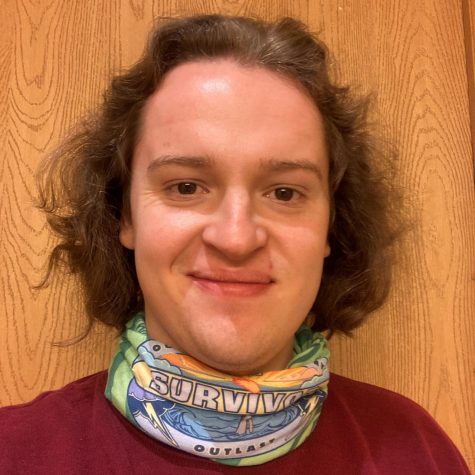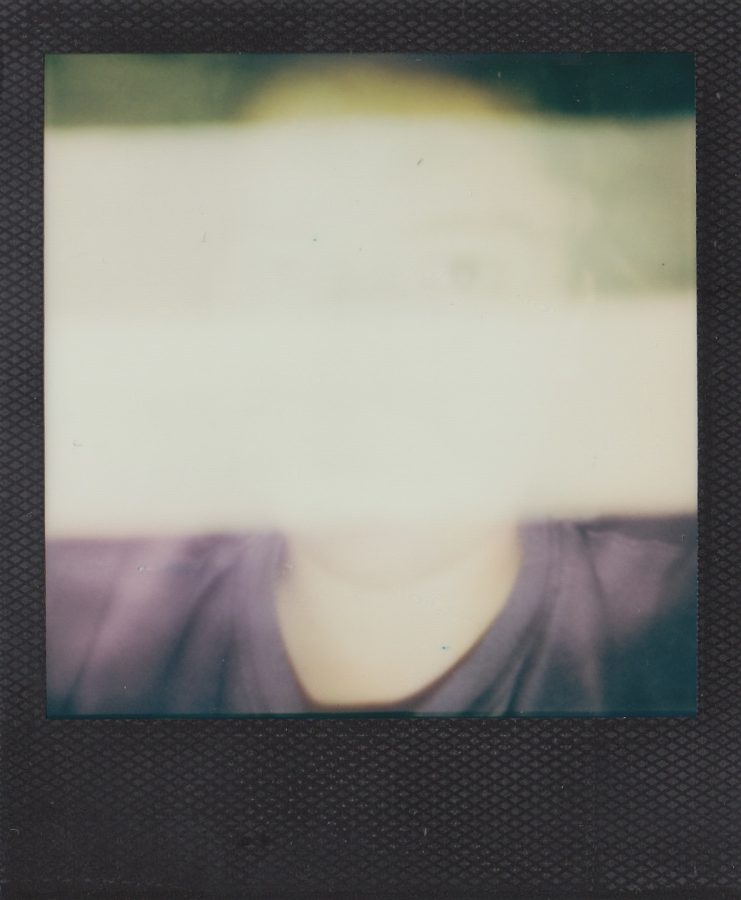LGBT+ Corner: I Don’t Miss What’s Missing
In the midst of the pandemic, when I and the rest of the world were cooped up in our homes, I found myself with a lot of time for self-reflection. The time that would normally be filled with stimulation of many different kinds was now empty.
As a result, I began to look inward; I started to question things about myself I hadn’t had time to question before. Above all else, I questioned my sexuality.
Since eighth grade, I have been openly bisexual. My family was very open and accepting, so I never felt the need to hide that I was questioning. I had come to the conclusion that, since I felt the same amount of sexual attraction to men as I did to women, logically I was bisexual.
Just one problem: that amount of attraction was zero.
At the time, however, I believed romantic and sexual attraction to be one and the same. I assumed that since I still felt romantically attracted to people, I would fall in love, get married and somewhere down the line, I’d eventually want to have sex.
So when I kept getting older and went through high school and early college without feeling sexual attraction or having sexual fantasies, I experienced an almost crippling sense of self-hatred. I felt like I was broken, like I’d messed myself up somewhere along the way and that I would never end up happy if I couldn’t get myself to want sex.
This feeling only worsened over time, to the point where I tried to FORCE myself to be attracted to sex. Of course, this didn’t work, and as a result I just felt worse.
Come 2020, however, I began to dig deeper into the ideas of attraction. I started to chip away at this mentality that had burrowed deep into my psyche and learned from many varied viewpoints on how attraction works.
And then, the lightbulb moment: sexual attraction is separate from romantic attraction.
It felt like everything made sense! Everything fell into place, every experience I’d had; every second of self-doubt. It was all finally clear to me.
It was at this point I learned about the asexual community. Now, granted, I had heard of asexuality, but my perception of it was based on my limited understanding of attraction; basically, I assumed all asexual people experienced neither sexual nor romantic attraction.
Of course, for some, this is indeed the case: plenty of people fall under the umbrella of “aroace,” or aromantic asexual. In my case, however, learning that I could identify with asexuality while still experiencing passionate romantic feelings felt like a complete wake-up call.
It’s been two years since I came out as asexual. During that time, I’ve made a lot of friends, asked a lot of questions and undergone a lot of growth. But the self-doubt didn’t go away; it just changed shape into questions like, “What if people don’t want to deal with someone who doesn’t want sex?” “What if I’m a fake asexual?” “What if I end up being wrong?” etc.
But finding this label, asexuality, lifted a weight off of my shoulders. It helped me realize that you really are never alone in feeling a certain way; no matter how niche or tight-knit a community, that community still exists.
In general, much of this heartache and confusion could have easily been avoided had I, and the rest of my generation, actually been properly educated on different sexual and romantic orientations. I was taught a very heteronormative, sex-forward way of viewing the world, and that worldview left no room for anybody who fell outside its narrow category.
Had I been taught that asexuality not only existed, but was perfectly healthy and normal, I could have been spared years—a lifetime—of questioning whether or not I was broken or unlovable.
I only began learning about the LGBTQ+ community because of TV shows like Modern Family, and I only began to really understand the various identities under that umbrella once I had friends in middle school who were open to discussing them. Even then, asexuality was something that completely slipped through the cracks.
To anybody reading this: You are valid. You are appreciated. You are loved. You are not broken. It is not easy to self-reflect. We all want to find the right label, but it’s okay for those labels to change, or even to never find a label that fits at all.
But never let the world convince you that you’re anything less than a human being. You have the same capacity for love—romantic or otherwise—as anyone else, the same capacity for success, for happiness, for accomplishment. You are a light.

Mason Hoyt is a senior Commercial Music major with a Theatre minor. They are the 2022-2023 Arts Editor for the Decaturian. Mason won Best Column at the...

